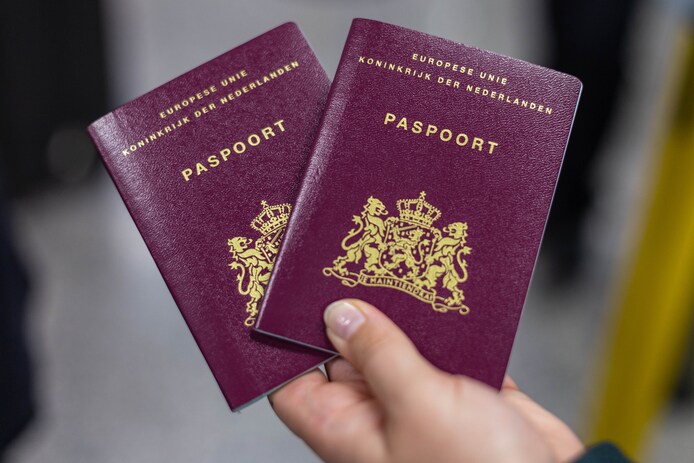For some of the more than one million Dutch people living abroad, obtaining a new passport remains a difficult, expensive and sometimes impossible task. In the run-up to the ambassadors’ working conference in The Hague at the end of this month, the emigrants are asking whether the process could not be simplified. “I’m fed up with this whole procedure.”
Miranda Jansen (61) lives in Varese, near Milan. Her Dutch passport expired in December. To renew it, she would have to go to the embassy in Rome, the only place in Italy where they issue new passports. That is 700 kilometers away. A journey that costs time and money. And not working for a few days also means less income for a self-employed person like Jansen. Or it costs days off, for someone with a permanent contract.
It is a story that many Dutch people living abroad will recognize, wherever they are in the world. Although the problems are greater in some countries than in others. Spain also works with such a traveling ‘pop-up embassy’. Only once a year, mainly on the costas with many pensioners. There too, there is little capacity, the appointment system often does not work and the interest is so great that now only people aged 70 or older are eligible – and even then only a minimal number of them can be helped.
Hundreds of complaints
“We are one of the most advanced countries in digitalization, why is the innovation of issuing passports abroad lagging behind?” asks Antonietta Sgherzi. She is chair of the Stichting Goed (Grenzeloos onder een dak), which represents the interests of Dutch people abroad.
The foundation has received hundreds of complaints about passport procedures in the past year. “In the United Kingdom you can simply renew your passport online, in France they are working on a pilot.”
During budget cuts at the Ministry of Foreign Affairs in the past decade, dozens of consulates were closed around the world, which were more than welcome, especially in the larger countries. Sgherzi: “The obligation to appear for fingerprinting, which has been included in passports since 2009, now forces people to travel sometimes enormous distances to apply for a passport.”
Unexpected obstacles
Once at the embassy, after a long journey, there may also be unexpected obstacles. “I’m not going to travel 500 kilometres to Madrid, only to hear there that a document is missing or that my passport photo is rejected,” says a Dutch man in his sixties from southern Spain (name known to the editors).
His passport expired last year. The bank would then block his account, because he wants to see a valid ID; the Spanish ID for EU residents does not have a photo, so it is not accepted. “I withdrew all the money from my account in time. I now pay gas and electricity in cash, and the tenants of my apartments cannot pay me via the bank either. I’m going to leave it at that, I’m fed up with the whole procedure,” the man said.
Temporary solutions
Digitalization of the process requires political will and a change in the law. Stichting Goed hopes that the ambassadors at the conference will once again emphasize the need for modernization. “But in the meantime, temporary solutions are needed,” says Antonietta Sgherzi. “More and more pop-up embassies in regions with many Dutch emigrants, and a well-functioning appointment system. Applying for a new passport should not be a lottery in which you have to be lucky to get an appointment.”
Miranda Jansen from Varese lives close to the Swiss border, which she often has to cross for her work. She has to be able to show that passport when checked. So in December she eventually flew to the Netherlands for five days to apply for a new passport at the special counter at Schiphol and pick it up three days later. “That all went well, but it cost me 700 euros in travel and lost income.”
 Kanawu Radio number 1 news portal
Kanawu Radio number 1 news portal
